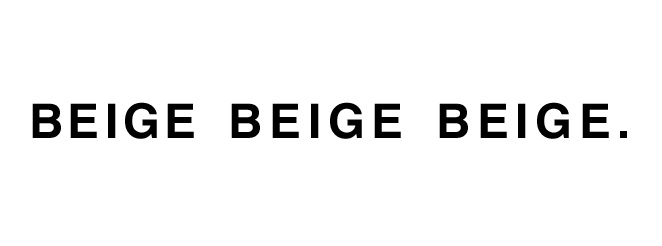
From ANDERS CLAUSEN, HOTEL, London
10 Feb—27 Mar, 2010
Press Release: A FILE RATHER THAN A TEXT?
A recent unscientific survey in my head suggested that fewer and fewer people want to grow up to be art forgers or computer hackers. Why? Are we just too busy being vaguely fascinated by our so terribly nice-looking tools? Are there already new specific words for states like the numb distraction you feel when you can’t find a file on your desk top in an instant? When you are so used to an interface that you don’t think about it any more even though you look at it thousands of times a day? When you can’t even tell the difference between it and you? When you sit at a screen all day long and it really does feel like your very own super-connected personal window on the world as you want to see it, or for what happens when the interface suddenly but inevitably changes? Art generally feels more comfortable with obsolescent media and conspiracy theories. For art wanting some kind of critical distance on progress, old out-dated technologies offer solace––handwriting, the typewriter, Super 8, handmade collages, screen-prints, photographs you printed yourself. It’s easy to forget that some classic Pop art (before digital windows popped-up) once looked bitingly new––like ironic, ultra-cynical, visual feedback embracing the enemy and loving him hard. Mimicry and camp repetition thankfully remain both the cruellest and most effective strategies in social interactions involving encoded, oblique but omnipotent power relations. You are the consumer, the user and we have designed places for you to feel happy and to get things done. So what’s wrong? A few years back a Singaporean artzine designed by a group of art graduates satirically suggested to its readers that they should put away their expensive laptops during studio visits in order to seem more authentic and less spoiled. In the last years I find it hard to think of a studio visit without one. That’s not necessarily bad but maybe it’s time to own up to our tools and our deeply ambivalent relationship to them. Don’t question my production, my post-production, my continual interruptions, my worm-like digressions. We all face questions relating to formats and fitting nearly everything we care to do or imagine into one which rarely works whatever operating system or programs you happen to be using. Art history has many windows opened. I wonder what abstract artist HANS HOFFMAN would think of ANDERS CLAUSEN’s screenshot series? Some of which, by the way, are straight up replica lies or reconstructions of the eerily friendly, the overfamiliar and mega-strange, and others, which are both appropriations and confessions. Pushed and pulled this way and that by various kinds of subjective urgencies whether sexual, financial, professional, micro-social. Each formal scheme overlays others. Something else—let’s admit that most collages don’t look like collages any more they are much too sneaky, beyond doubt—that’s what we want isn’t it, not the past and not more realness but far, far less? Translucent, seamless, beckoning, rupture-less, untouchable and easy. Most images we know are pumped up. When you scroll down where are you going? When you scroll up again is everything still there?
Via HOTEL, London.